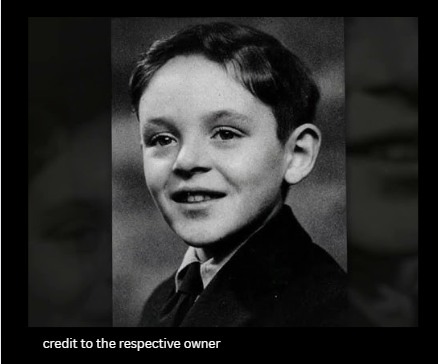In the quiet halls of Cowbridge Grammar School in South Wales, 1946, young Anthony Hopkins often sat apart from his classmates—lost in his own thoughts rather than joining in their laughter. He wasn’t good at schoolyard games, nor did numbers come easily to him. Teachers sometimes labeled him as slow, but Anthony wasn’t broken; he was simply growing in his own, unique way.
While others chased balls or shouted in play, Anthony found comfort in solitude, sketching imagined castles and landscapes that seemed to belong to another world. One afternoon, a teacher noticed his artwork and stopped to admire it. “You have talent,” she told him, a comment that made him feel acknowledged for perhaps the first time.
Later that year, he discovered an old, neglected piano in the music room. At first, he touched the keys hesitantly, but soon returned every day, teaching himself simple tunes. Music became his voice—a way to express what words could not. His parents, despite limited means, managed to buy a used piano for their home. Each evening, Anthony would lose himself in music, translating unspoken feelings into melodies.
At the time, no one realized that Anthony was living with undiagnosed dyslexia. Schoolwork was a struggle, and reading felt like an impossible challenge. “I felt like an outsider,” he would later admit. Rather than surrender, he turned inward—drawing, composing music, and quietly observing the world. His mother, Muriel, often reassured him, “You don’t have to be like everyone else. Your differences are your strengths.”
By the age of twelve, Anthony’s music had grown richer, and his drawings more detailed. He still felt lonely and different, but he was beginning to understand that what made him stand apart might also be the key to his future.
That quiet, solitary boy would go on to become Sir Anthony Hopkins—one of the most celebrated actors of our era. His remarkable ability to portray complex characters didn’t come from textbooks, but from years spent watching, listening, and imagining.
His childhood was not without hardship, but it was within those moments of silence that his extraordinary gift began to grow. Sometimes, it’s the child who struggles to fit in who ultimately reaches out and touches the entire world.
